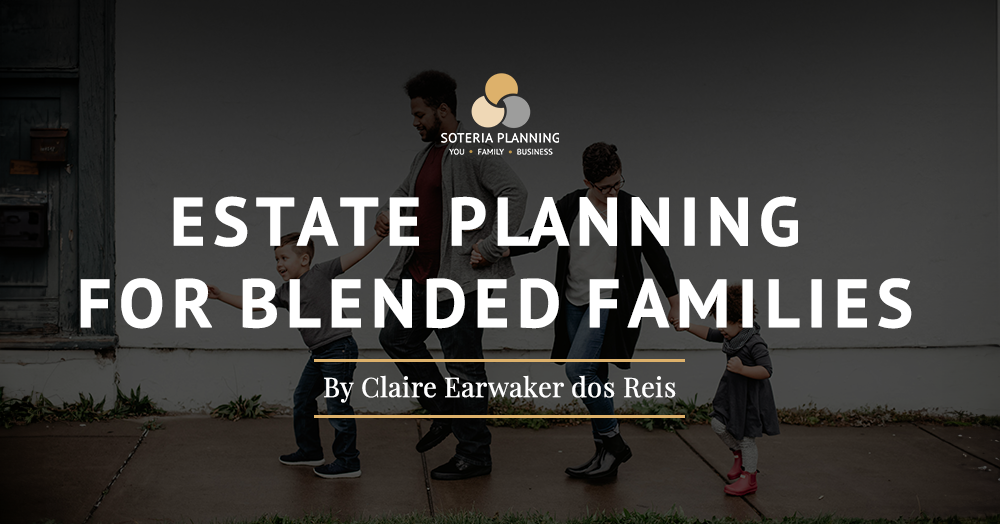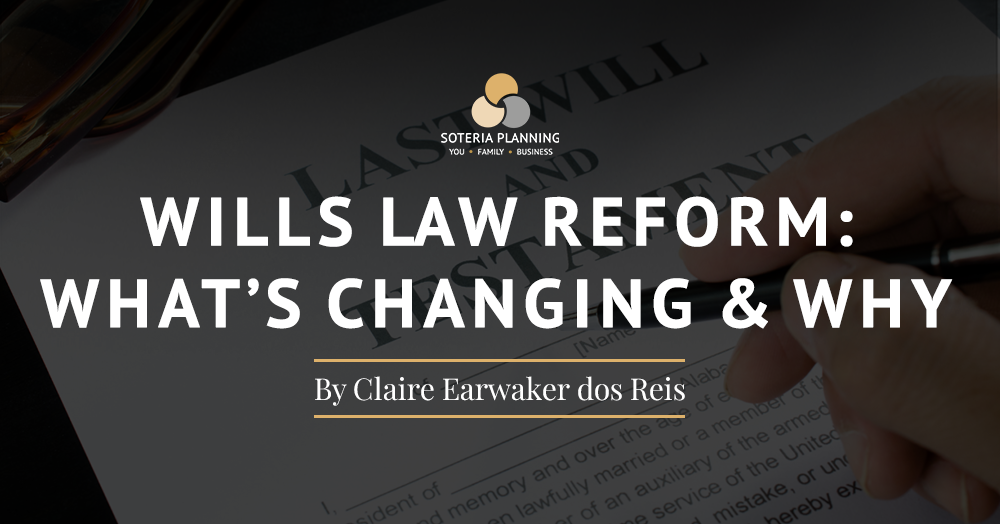Blended families, which may include any combination of stepchildren, half-siblings, multiple sets of parents, and other familial connections, often face unique challenges in estate planning. At Soteria Planning, we understand that addressing the needs of each family member with fairness and clarity is paramount. This blog outlines essential considerations and strategies to ensure your estate plan effectively reflects your wishes and provides for your blended family.
Recognising Individual Needs and Relationships
Each blended family is unique, and recognising the distinct relationships within your family is the first step to effective estate planning. It's crucial to consider the emotional and financial needs of each member, which may include biological children, stepchildren, and multiple partners or ex-partners.
Clear Wills and Trusts
Wills: A clear will is essential in preventing potential disputes after you're gone. It should explicitly state how you wish your assets to be distributed among your children, spouse, and possibly ex-spouses. Without a will, intestate laws may not reflect your personal wishes, especially concerning stepchildren who may not be recognised under such laws.
Trusts: Trusts can be a highly effective tool in estate planning for blended families. They offer control over when and how your assets are distributed. For example, you might set up a trust to provide for your spouse during their lifetime, with the remainder going to your children after your spouse’s death. This can help manage different interests fairly and ensure financial support for younger children over time.
Guardianship Considerations
Deciding on guardianship can be particularly sensitive in blended families. It’s vital to discuss and document who will take care of minor children if the worst should happen. This is particularly important if both biological parents are not available to care for their children. Legal advice is crucial in ensuring that guardianship arrangements are enforceable and in line with your wishes.
Communication and Transparency
Open communication is one of the most effective ways to ensure that your estate plan doesn’t lead to disputes. It's advisable to discuss your estate plans with your family members to explain your decisions and the reasons behind them. This can help manage expectations and reduce potential conflicts.
Reviewing Beneficiary Designations
In blended families, it’s important to regularly review and update beneficiary designations on policies like life insurance, pensions, and retirement accounts. These designations often override instructions in wills and trusts, so keeping them up to date will ensure that your assets are distributed as intended.
Professional Guidance
Due to the complexities involved, seeking professional guidance is crucial in estate planning for blended families. A skilled estate planner can provide valuable advice on legal options and strategies to tailor your estate plan to your family's specific needs. This ensures that your legacy is preserved and that your loved ones are taken care of in the manner you wish.
Conclusion
Estate planning for blended families requires careful consideration and often, customised solutions to meet the diverse needs of all members. At Soteria Planning, we are committed to helping you navigate these complexities with empathy and expertise. By taking a proactive approach to estate planning, you can provide security and peace for your blended family, knowing that your wishes will be honoured.
Should you have any questions about the content of this blog, feel free to reach out to our friendly team on 01344 531521 or request a meeting with one of our Advisors here.
For further advice and to discuss your specific needs, please contact our team at Soteria Planning. We’re here to ensure your estate planning is as seamless and as reflective of your wishes as possible.



Share this with
Email
Facebook
Messenger
Twitter
Pinterest
LinkedIn
Copy this link